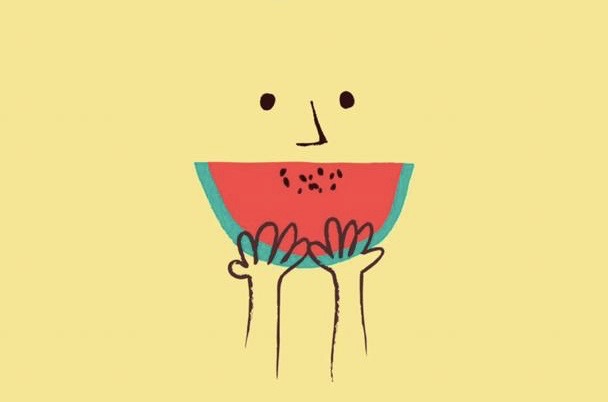Quarantine, social distance, pandemic, Corona Virus, and COVID-19 are all terms we’ve been hearing a lot these past couple of weeks. It’s a hard time, a frightening time, and it’s going to last longer than we expected.
Anxiety, excessive exposure to the media, and paranoia on social networks is making our days of confinement even more monotonous and suffocating.
Although the number of infected people and deaths will continue to grow in the coming days and surely a close friend or family member, or perhaps we ourselves, will be affected by the virus, we must put our effort and attention into what for us is the formula of sustainable happiness. In this age where selfishness and fragility is constantly manifested, with stories of nervous shopping dominating the news, we must empathize with those who are afflicted by the virus instead of thinking only of ourselves.
That is why it is vital to increase our awareness of the issue while reducing paranoia to see the COVID-19 crisis with the best possible face, increasing our resilience in times of tribulation.
Here are 6 recommendations based on scientific evidence that will help improve your physical, and mental immunity.
1) Give yourself permission to be Human: (As Dr. Tal Ben-Shahar use to say)
Instead of evading, repressing your negative emotions (anxiety, fear, rage, restlessness), let them flow. Allow yourself to identify that you are sad and that you want to improve and bounce. To help you better express your emotions, you can use a journal, have a conversation about your situation with a friend, and even let yourself cry if you’re feeling that strongly.
2) Express Gratitude:
Either when you wake up or when you go to bed, write or think about things, moments, and people for whom you are grateful. When we express gratitude with empathy, we eliminate toxins in our body. We also reduce the propensity to compare ourselves to others or view their situations enviously.
3) Exercise more:
Oddly enough, the first thing that happens when we are depressed is that we become more sedentary. Doing exercises helps us become stronger both physically and emotionally since we generate endorphins that allow us to relieve both physical and mental pain.
4) Meditate:
Regularly practicing meditation or prayer allows us to generate serotonin, a chemical that can help improve our digestion, improve our mood, and reduce our aggressiveness—something that could come in handy in these troubling times.
5) Distraction (but without technology):
Downloads of online games and the amount of screen time we spend on our gadgets have skyrocketed. So, it is vital to distract yourself—while setting limits to your exposure to screens without denying or abstracting from what is happening—to give us the opportunity to think of something else aside from the Coronavirus. For example, listening to music in the car instead of news. If you are at home, dancing to a couple of your favorite songs, playing board games as a family, or reading a book could all serve as ways to distract yourself without relying too much on technology. All of these activities allow you to generate Dopamine, which is involved in the brain’s reward systems by interfering with its pleasure receptors. So once we do these activities, we will want to repeat them again, diverting our focus away from the outbreak.
6) Keep in touch with other people:
Even while in quarantine, you should not stop communicating with others—especially the elderly, since they are potentially the most affected with this situation. The more you practice live conversations with them the better. Although video chats or video calls are not a perfect substitute for an in-person meeting, we can use them to maintain our Dopamine and Oxytocin higher levels that allow us to reduce cortisol secretion so we become less stressed.
Finally, and perhaps most importantly, we should learn to reframe how we are approaching this situation. There is nothing wrong at all with feeling anxious, but remember that we are in control of how we perceive things and how events affect us. So instead of considering ourselves victims, we should see ourselves as the protagonists of the story.
Instead of focusing on the bad, let’s increase our appreciation of the good things this situation has brought: more time with the family, an opportunity to eat healthier and exercise more, being able to take a walk around the block or the garden, calling our relatives and spending more time sharing a conversation with them, and more.
This is a great opportunity to become Influencers For Good by sharing the positive outputs of this crisis.
It’s time to be a little bit more sensitive, more loving, more cooperative and more compassionate with ourselves and with others.


